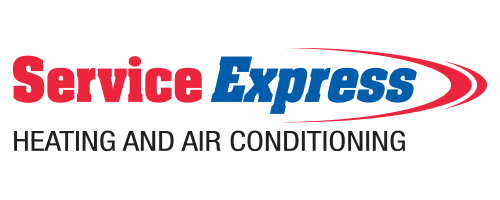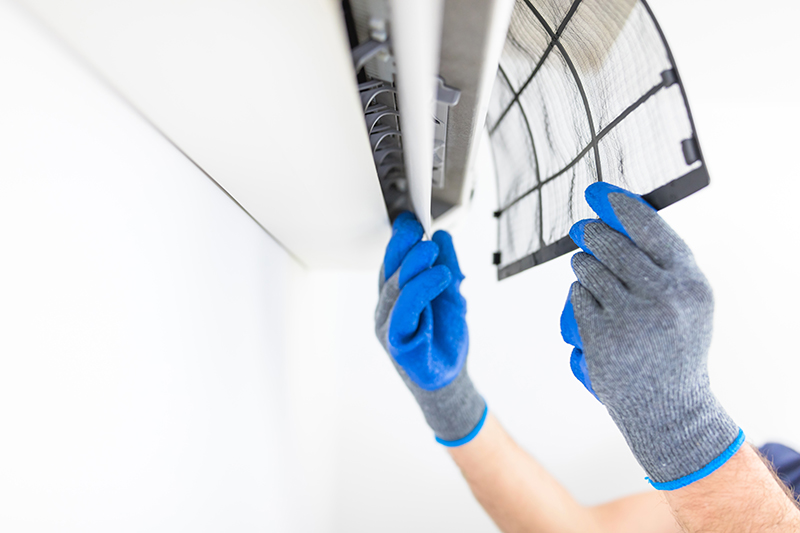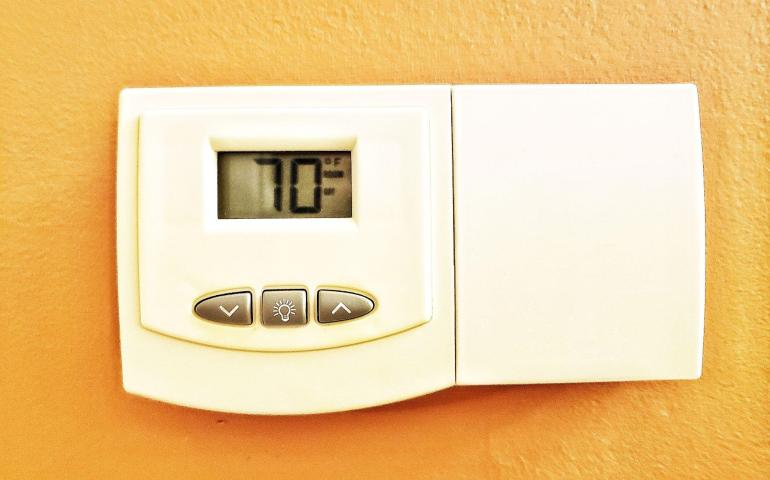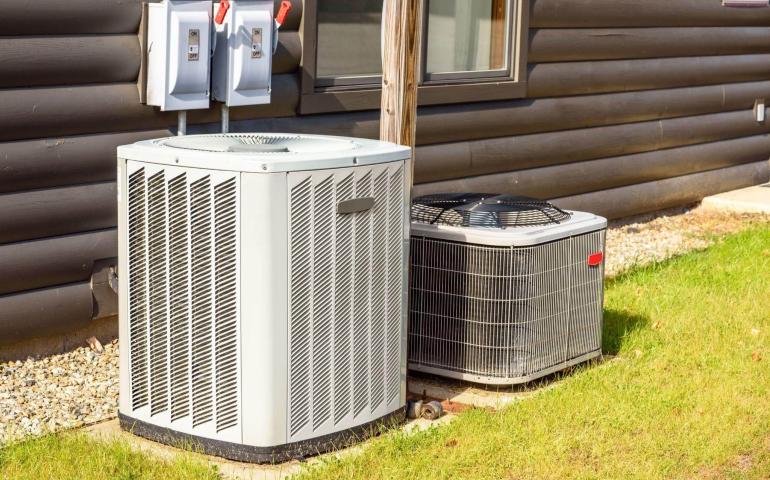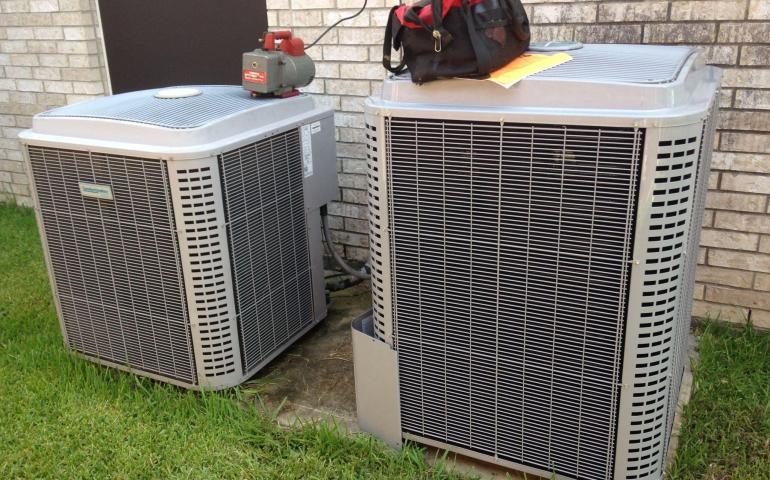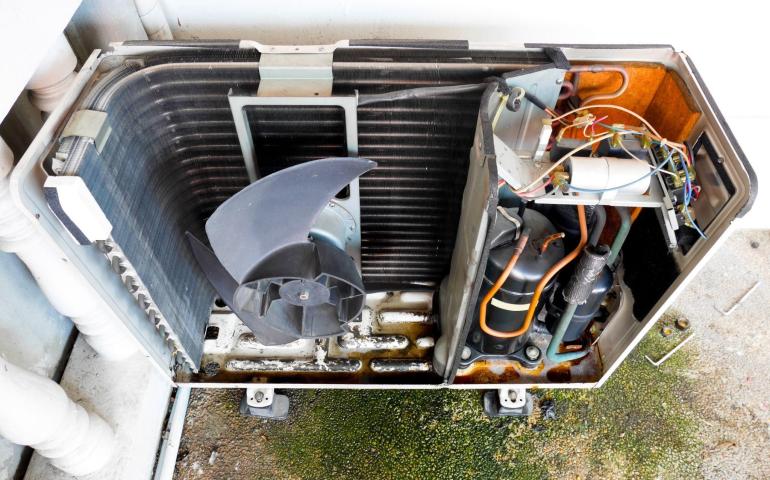Energy-efficient air conditioners help homeowners save money since they consume less energy and require fewer repairs than their conventional counterparts. Besides, you may be eligible for rebates and incentives if you install an energy-efficient air conditioner in your home.
The Basics of Air Filters
Air filters protect AC units by capturing contaminants like fibers, hair, pollen, dander, dust, mold spores, dirt, and particulate matter. Normal air contains these contaminants, which, if not removed, can build up inside AC units and interfere with their operation. Air filters have pleated materials that create a greater surface area to trap these contaminants. These pleated materials can be made in layers to make air filters more efficient in capturing particulate matter.
Types of Air Filters
It is important to understand the different types of air filters to make an informed decision during purchase. High-efficiency particulate air (HEPA) filters are among the most common in the U.S. because they eliminate at least 99.97% of airborne pollutants and allergens. They have a Minimum Efficiency Reporting Value (MERV) rating of almost 16 and are suitable for people with allergies or other respiratory problems. Pleated filters are also preferred because of their MERV rating of between five and 13. These filters are made of cotton folds or polyester fabrics and are ideal for filtering dust and other airborne pollutants.
Importance of Regular Filter Replacement
Neglecting to replace your filters can lead to increased energy bills and a significant decline in the performance of your AC. When air filters are not replaced as needed, they become dirty or clogged, thereby restricting airflow. This, in return, forces the air conditioner to work harder, which increases strain and leads to a rise in energy bills. Moreover, AC components, like the motor, can go into overdrive when dirt builds up in old air filters, causing a decline in performance. While the frequency of filter replacement varies, depending on factors like filter type and usage, a general guideline is to change yours every one to three months.
Choosing the Right Air Filter
Choosing the right filter starts with understanding the different common types of air filters available. These are HEPA, pleated, electrostatic, and fiberglass air filters. It is important to understand the efficiency, suitability, and pros and cons of these air filters before making a purchase. Next, determine the MERV ratings, which range from one to 16. Filters with MERV ratings of one to four are basic and suitable for capturing large particles, such as carpet fiber and dust mites, while those with MERV ratings of 13 to 16 are the most efficient and perfect for capturing particles as tiny as 0.3 microns.
Maintaining AC Efficiency Beyond Filters
One way to complement your air filter in optimizing your AC's performance is to replace it as recommended by the manufacturer. You should also conduct regular inspections to check for signs of damage and see if your filter is clogged or dirty. If it is dirty or clogged before the suggested replacement time, consider replacing it sooner. Moreover, reduce strain on your air filter by regularly maintaining your AC system.
Conclusion
Air filters maintain AC efficiency by capturing mold spores, dirt, dust, fiber, particulate matter, and more. They provide value for homeowners by extending the lifespan of AC and maintaining low energy bills. Contact Service Express Heating and Air Conditioning today for air filter and air conditioning services.
